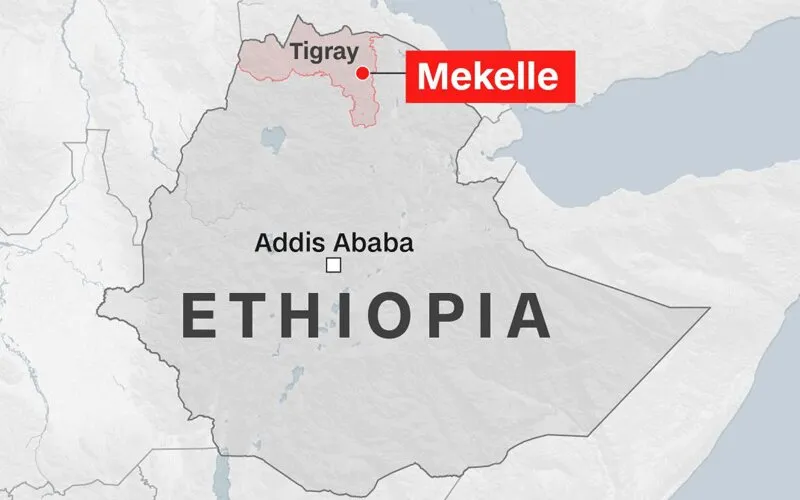While getting an accurate picture of the situation on the ground remains a challenge considering that Internet and phone connections to the area were cut off, dozens of casualties and injuries were reported on November 4, the first day of the armed confrontation.
The military offensive is the culmination of escalating tensions between the authorities of the two regions that started in September when the ruling party in Tigray, the Tigray People's Liberation Front (TPLF) organized elections in the region, against the advice of the federal government.
Ethiopia’s parliament postponed the elections scheduled for August due to COVID-19, but the Tigray government defied the order, terming the authority of Prime Minister Abiy as illegal and unconstitutional.
Ethiopia’s federal government termed the poll as illegal and declared a state of emergency in the region for six months. On November 7, the parliament voted to dissolve Tigray’s government.
The confrontation between the two governments escalated in October when Ethiopia’s legislators withheld budgetary funding for the Tigrayan government as a punishment for defying orders from the Addis Ababa-based federal government, a move the regional leaders said was “tantamount to an act of war."
Peace and security experts observe that though the immediate triggers of the ongoing crisis were the alleged military base attack and the September election in Tigray, there has always been a possibility of a conflict due to longstanding differences between the Prime Minister Abiy-led federal government and Tigray’s TPLF.
Tigray leaders have dominated the federal government since 1991 when they toppled the government of Mengistu Haile Merriam, but their influence reduced when Mr. Abiy clinched power in 2018 amid anti-government protests.
Since then, the members of the Tigray ethnic group have complained of being marginalized and unfairly targeted for human rights abuses and corruption. They are also angered by Abiy’s description of their almost three-decade rule as “27 years of darkness.”
To the Ethiopian Prime Minister who won the 2019 Nobel Peace Prize , the Tigrayan leaders are nothing more than “inveterate troublemakers still smarting from their loss of influence.”
As Africa’s second most populous nation and one deemed critical to Horn of Africa’s stability, security experts have, by way of caution, argued that continued hostilities between the two regions could easily escalate into a civil war that could rope in neighboring countries, including Eritrea and Sudan.








